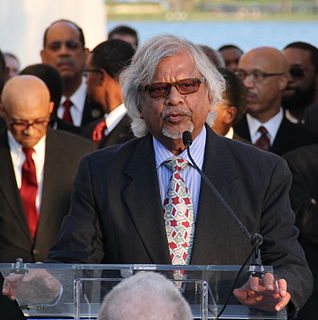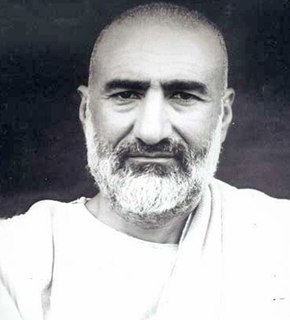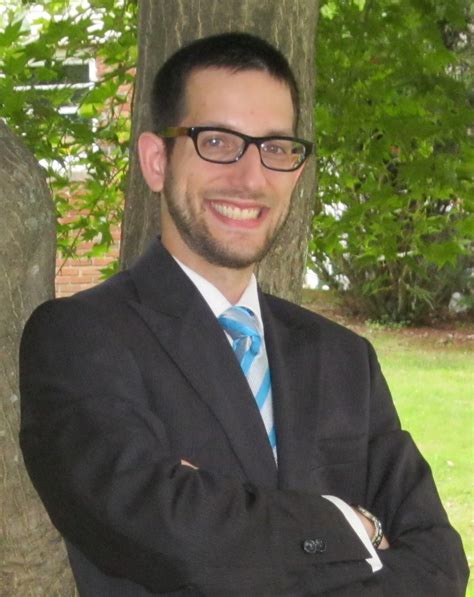A Quote by Arun Manilal Gandhi
So many people around the world have used nonviolence as a way to resolve a conflict that they faced in their lives. And they continue to use it everywhere all over the world there. And I think, in a way, nonviolence is our nature. Violence is not really our nature. If violence was our nature, we wouldn't need military academies and martial arts institutes to teach us how to kill and destroy people. We ought to have been born with those instincts. But the fact that we have to learn the art of killing means that it's a learned experience. And we can always unlearn it.
Quote Topics
Always
Around
Around The World
Art
Arts
Been
Born
Conflict
Continue
Destroy
Everywhere
Experience
Faced
Fact
How
Instincts
Institutes
Killing
Learn
Learned
Lives
Many
Martial
Martial Arts
Means
Military
Nature
Need
Nonviolence
Ought
Our
Over
People
Really
Resolve
So Many People
Teach
Think
Those
Unlearn
Us
Use
Used
Violence
Way
World
Related Quotes
Today’s world is traveling in some strange direction. You see that the world is going toward destruction and violence. And the specialty of violence is to create hatred among people and to create fear. I am a believer in nonviolence and I say that no peace or tranquility will descend upon the people of the world until nonviolence is practiced, because nonviolence is love and it stirs courage in people.
Nature consists of facts and of regularities, and is in itself neither moral nor immoral. It is we who impose our standards upon nature, and who in this way introduce morals into the natural world, in spite the fact that we are part of this world. We are products of nature, but nature has made us together with our power of altering the world, of foreseeing and of planning for the future, and of making far-reaching decisions for which we are morally responsible. Yet, responsibility, decisions, enter the world of nature only with us
Just as one must learn the art of killing in the training for violence, so one must learn the art of dying in the training for non-violence. Violence does not mean the emancipation from fear, but discovering the means of combating the cause of fear. Nonviolence, on the other hand, has no cause for fear. The votary of nonviolence has to cultivate the capacity for sacrifice of the highest type in order to be free from fear. He recks not if he should lose his land, his wealth, his life.
People today have forgotten they're really just a part of nature. Yet, they destroy the nature on which our lives depend. They always think they can make something better... They don't know it, but they're losing nature. They don't see that they're going to perish. The most important things for human beings are clean air and clean water.
Every time we have come to the end of a conflict, somehow we have persuaded ourselves that the nature of mankind and the nature of the world have changed on an enduring basis and so we have dismantle our military and intelligence capabilities. My hope is that as we wind down in Iraq and whatever the level of our commitment in Afghanistan, that we not forget the basic nature of humankind has not changed.
My country has been wracked with violence for a long time. Just to see all the violence on the news makes you sick. It's true that violence is in our nature, but I try to explore deeply where it comes from and where it goes and what it creates. Not in a moralistic or preachy way, but just to observe the real consequences of violence in a human being or in a society.
Let us, then, take our compass; we are something, and we are not everything. The nature of our existence hides from us the knowledge of first beginnings which are born of the nothing; and the littleness of our being conceals from us the sight of the infinite. Our intellect holds the same position in the world of thought as our body occupies in the expanse of nature.
Thus at every step we are reminded that we by no means rule over nature like a conqueror over a foreign people, like someone standing outside nature - but that we, with flesh, blood and brain, belong to nature, and exist in its midst, and that all our mastery of it consists in the fact that we have the advantage over all other creatures of being able to learn its laws and apply them correctly.
There is nothing to learn about love. Everything is already there, in our genes, in our nature. We don't have to learn anything except what we invent in this world of illusion. We search for love outside ourselves when love is all around us. Love is everywhere, but we don't have the eyes to see...Your heart can create any amount of love, not just for yourself, but for the whole world. When we know that our heart is a magical kitchen, we are always generous and our love is completely unconditional.
Most of us have become Ecozombies, desensitized, environmental deadheads. On average, society conditions us to spend over 95% of our time and 99.9% of our thinking disconnected from nature. Nature's extreme absence in our lives leaves us abandoned and wanting. We feel we never have enough. We greedily, destructively, consume and, can't stop. Nature's loss in our psyche produces a hurt, hungering, void within us that bullies us into our dilemmas.
The arts have long been an integral and vibrant part of our nation's cultural heritage. In its many forms, art enables us to gain a deeper understanding of ourselves and of our society. Providing us with a unique way to learn about people of other cultures, it allows us to discover all that we have in common. At its best, art can beautify our cities, encourage economic development and social change, and profoundly affect the ways we live our lives.





































